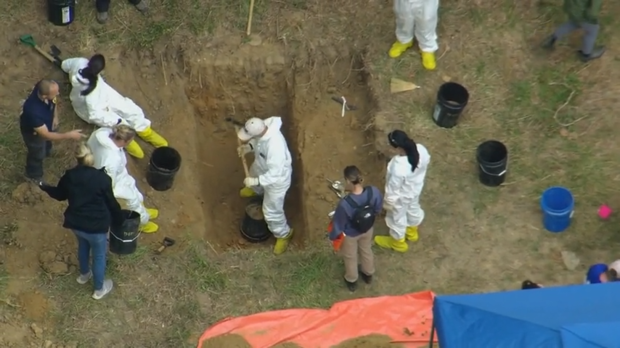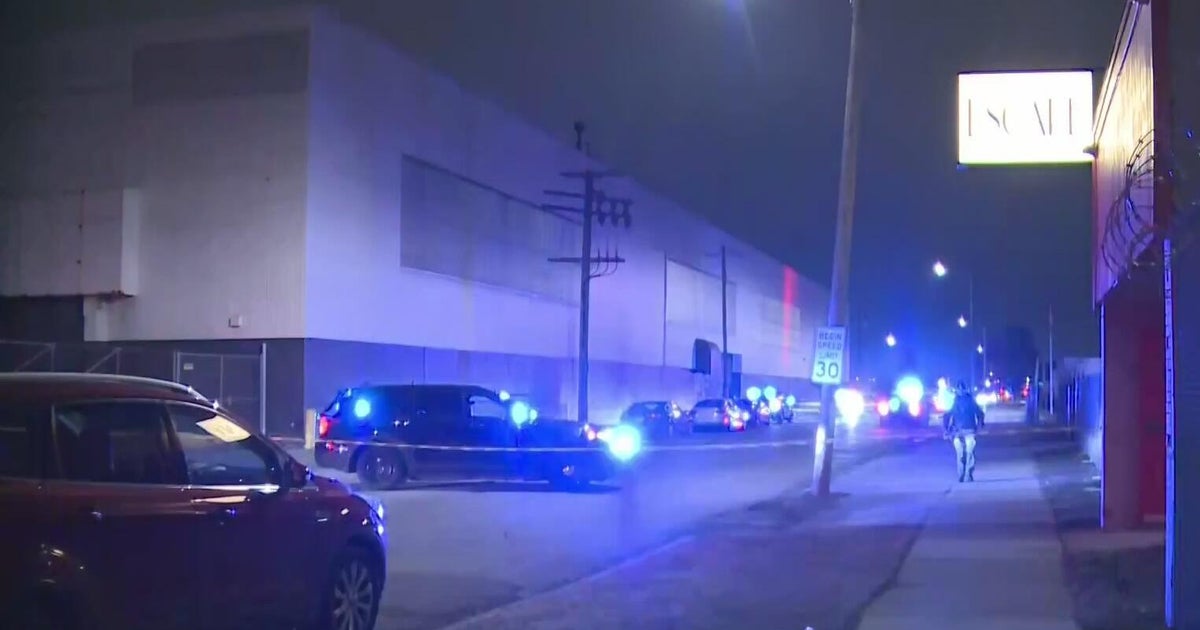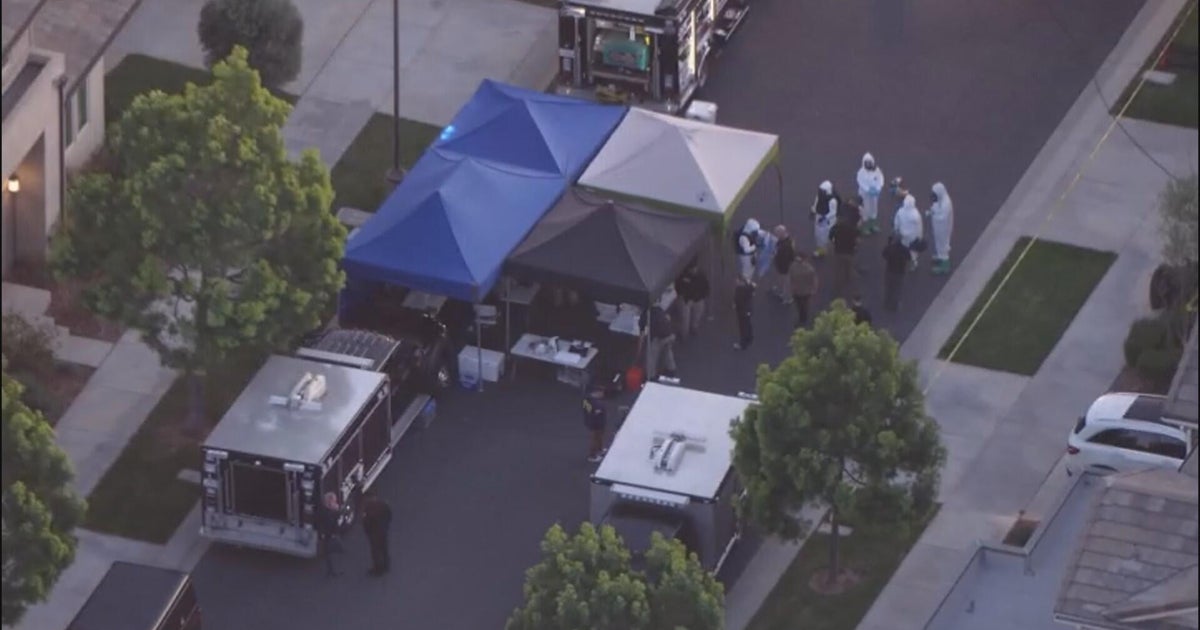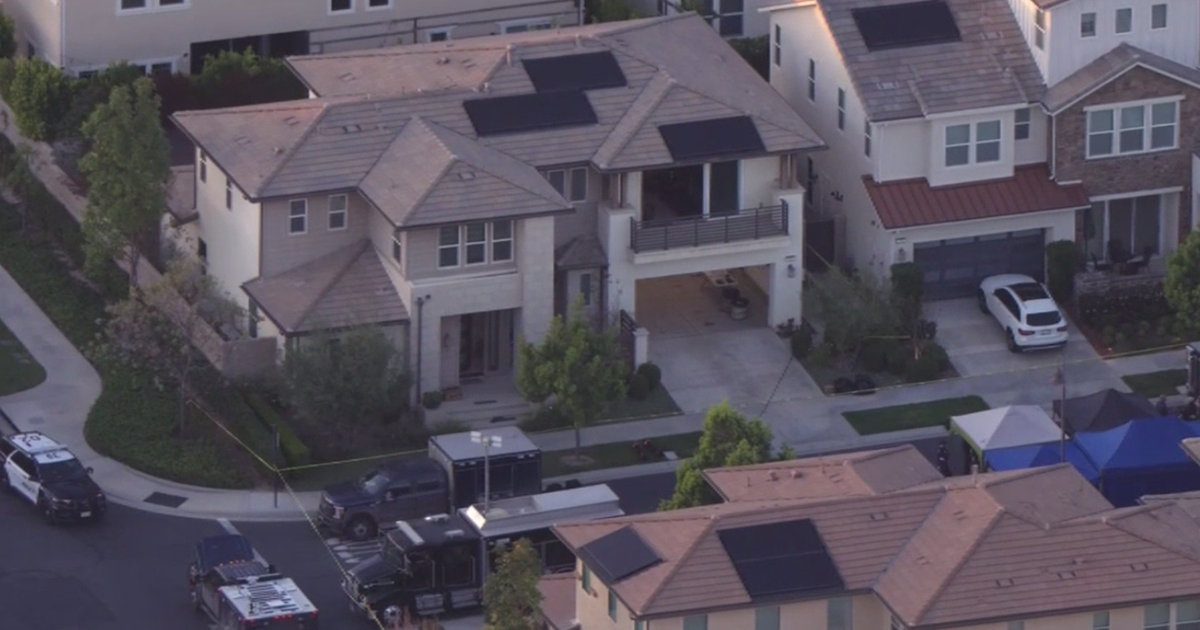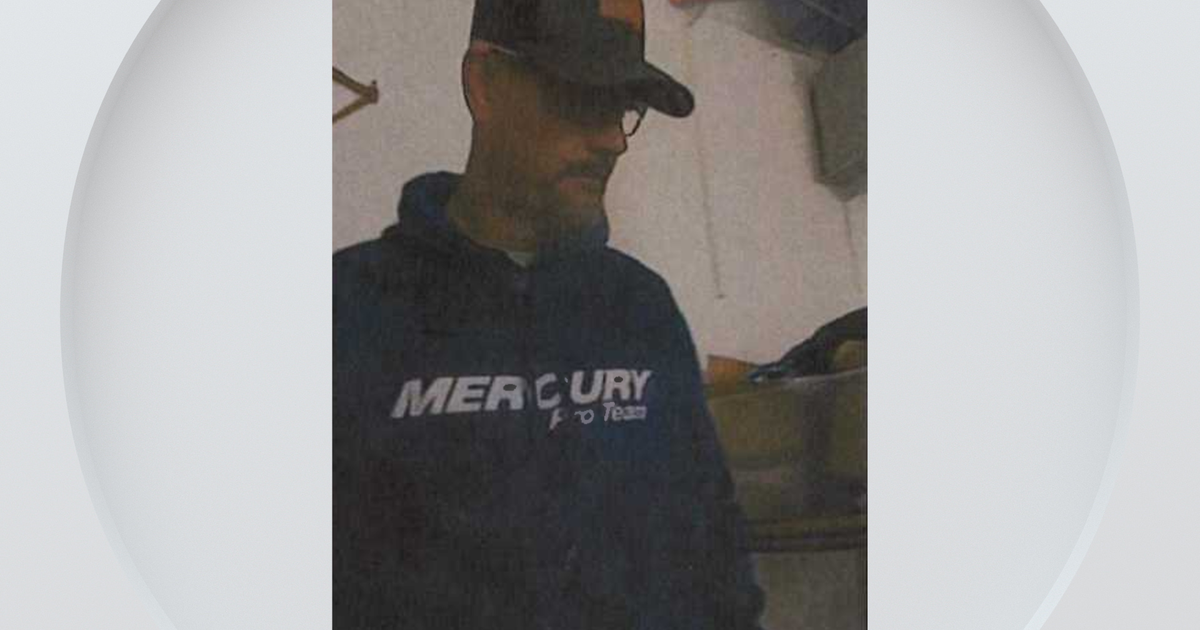Police exhuming unidentified human remains at Potter's Field in Northeast Philadelphia
The Philadelphia Police Department's Homicide Unit has begun exhuming unidentified human remains at a field in Northeast Philadelphia as part of a joint operation with the goal of identifying the victims who died under suspicious circumstances.
According to Philadelphia police, the exhumation is part of an initiative called the Remains Identification Project. Assistant Director of the PPD's Office of Forensic Science Ryan Gallagher said this is a continuation of a project started in 2021. The project is a collaboration among many agencies, including the FBI, Office of Forensic Science, Philadelphia Medical Examiner's Office, PPD's Special Victims Unit and Homicide Unit.
"Philadelphia Police Department and the Homicide Unit specifically always places an emphasis on identifying victims," Lt. Tom Walsh, with the Homicide Unit, said. "It brings closure to the family and it also progresses the investigation forward when we do finally identify who they are."
After six months of preparation, the investigative effort began Monday at Potter's Field, which is located at 12841 Dunks Ferry Road, Philadelphia, 19154. It will run through Friday.
Officials said during a press conference Tuesday they're looking to exhume and identify eight bodies - the remaining unidentified homicide victims. Additionally, some human remains have been there for 20-40 years and the conditions of their remains vary case by case. Walsh said the oldest victim they're looking to exhume is a 4-6-year-old's remains from a 1962 case.
The unidentified human remains that are being dug up have either been classified as part of a homicide, undetermined matter of death or probable homicide by the Philadelphia Office of the Medical Examiner, police said.
Once the remains are exhumed, authorities collect samples, extract DNA and subject them to genealogy. Similar to the process done with the famous case, The Boy in the Box.
Next, investigators will try to find a close relative of the person identified in the remains so they can interview family members and see if they have a loved one that they may not know about.
"It's satisfying to be able to give that information to the family, to give that closure to the family, to say your loved one is now identified," Gallagher said.
Denise, who declined to give her last name, has lived in the area for more than 60 years and views this investigation as the beginning of closure.
"So that they can rest in peace and actually rest in peace knowing that whoever did this to them is going to be held accountable," Denise said.
Walsh said finding out a victim's name leads detectives one major step closer to solving a case.
"When we know the victim; we know who they are; we know their life patterns; we know where they were, that type of information. It furthers the investigation one hundred-fold," Walsh said. "The relief on the people's faces when you can sit down in their living room and tell them like, 'Hey this is your loved one, that's been missing for 30, 40 years.' Of course, it's tragic the way it ended, but the relief is there that they finally know, 'This is my loved one and this is where they're at.'"
Police said they've previously partnered with local, state and university collaborators back in 2018 to exhume and identify victims. Due to advancements in forensic sciences, authorities were able to successfully identify seven people.
Investigators said they plan to work through the weather if conditions were to take a turn.
